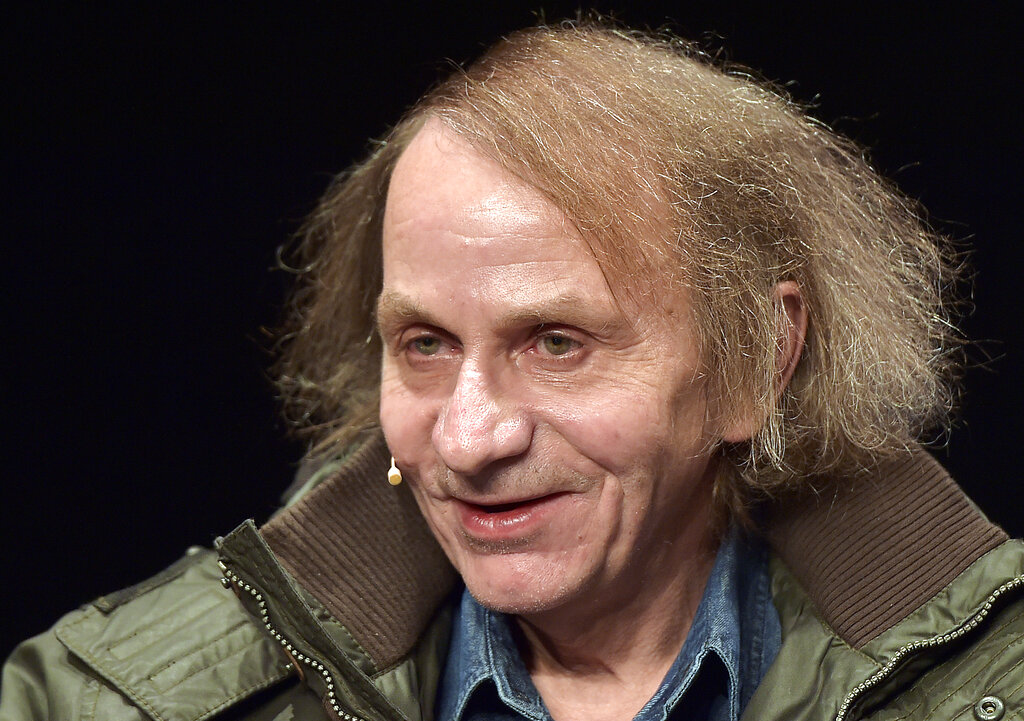Although published only three weeks ago, the eighth novel by the most famous French writer, Michel Houellebecq, is already a major success. The right-wing, notoriously anti-immigrant, 65-year-old writer wrote this time nearly 800 pages about disintegration and death in France.
For a long time, Houellebecq was merely the most read and translated contemporary writer into most languages, but the ultra-liberal and liberal literary world tried to ignore him, especially after 2001, when he warned about the emergence of Islamic terrorism in his novel “At The Top.”
For nearly a decade, left-wing literary circles tried their best to ignore the writer, and his 2005 novel
The Possibility of an Island,” despite expectations, did not receive the prestigious Goncourt Award. He eventually won it with his 2010 novel, “The Map and the Territory.”
In 2015, his novel “Submission” was published exactly the day the Charlie Hebdo editorial staff was attacked and killed by Muslim terrorists. “Submission” is about the Muslim invasion of France. His penultimate and arguably best novel, “Serotonin,” is about loneliness, the search for God (and perhaps finding God), but one strand of the work actually foretells the rebellion of the French suburban and agricultural people, the Yellow Vest movement.
The title of his newly published novel, “Anéantir,” which has no official English translation yet, can be translated as Annihilate, Obliterate or Demolish. It takes place between 2026 and 2027, is centered around the presidential elections, and its protagonist is actually Bruno Le Maire, the incumbent Macron government’s economic minister, who comes from the otherwise right-wing party family.
The book was printed in 300,000 copies, of which 75,000 were sold in France on the very first weekend and a reprint is already underway. Just a few days after the original the German translation, Vernichten was also published.
Houllebecq is known for his outspoken views on a range of issues, and has openly supported presidential candidate Éric Zemmour’s past book, with Houllebecq saying that “Zemmour’s intelligence surpasses those who contradict him.”






